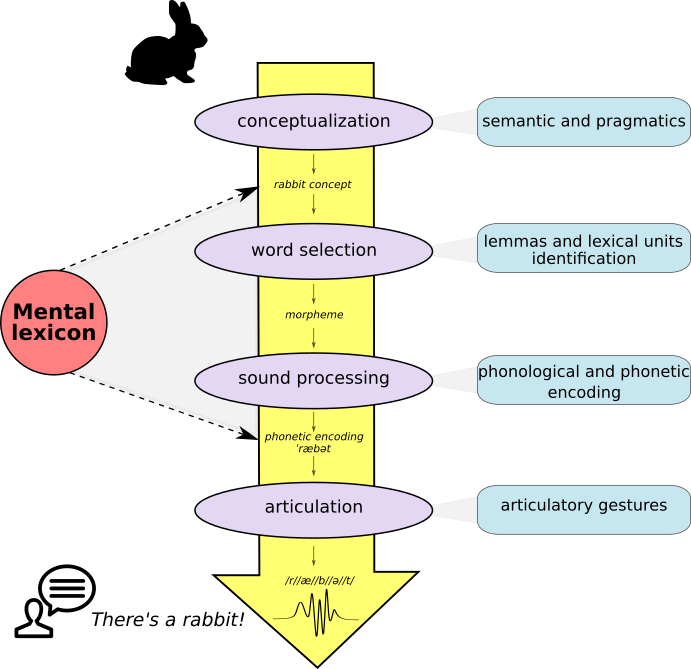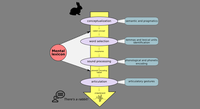What is the relation between the language and our mental health?
An essential aspect of knowing the language is knowing the words of that language. This knowledge is what it is known as the mental lexicon, a type of dictionary stored in our brain in the form of a complex network; where words are characterized by a variety of lexical and psychological properties, such as their meaning, pronunciation, syntactic information, denotation, affective meaning, etc.
According to Cognitive Linguistics, the mental lexicon of a community reveals very complex cognitive processes, such as the type, size, and richness of their vocabulary as well as provides evidence of the community member's understanding of a particular culture, or the structure of their context and the existing regularities present.
Prof. Esaú Villatoro Tello is currently working at the intersection between Cognitive Linguistics and Artificial Intelligence, developing novel automatic methods capable of approximating the mental lexicon of subjects suffering from a mental disorder. Nowadays, with people isolated due to current COVID-19 pandemic, and mental disorders representing a major public health concern, with considerable associated socio-economic costs, this type of research represents an important and necessary step forward in the context of digital technologies supporting the mental health care.

Figure 1. Hypothesized production processes to retrieve the word “rabbit”, in the course of producing the utterance “There is a rabbit!”. The rabbit concept requires the speaker’s tacit knowledge (stored in the mental lexicon) of what a rabbit is (big ears, burrows in ground, etc.). Adapted example from Griffin, Zenzi M., and Kathryn Bock. "Producing words: How mind meets mouth" Aspects of language production (2000): 7-47.
